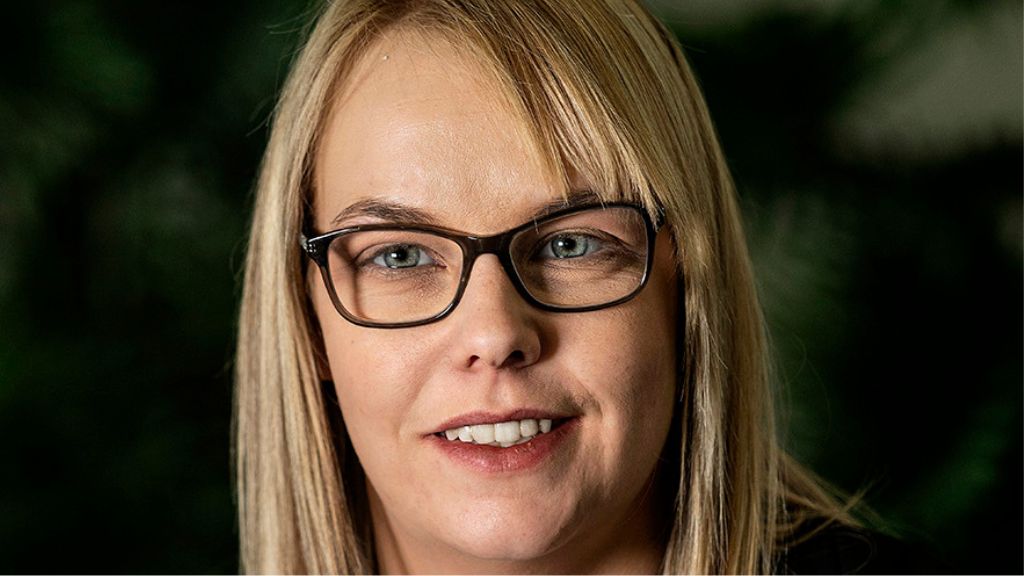EXCLUSIVE: What Netflix’s Sex Education teaches us about living with a disability
The latest season of the hit Netflix series Sex Education tackles important topics from sexuality to mental health, with the penultimate episode highlighting the many barriers disabled people face in today’s society.
Learning disability charity HFT explains how this storyline aligns with the social model of disability and why it is such an important issue to spotlight. (Words by Steve Veevers, CEO of HFT).

In episode seven of season four, we see many students preparing to take their geography mock exam at Cavendish Sixth Form.
As the majority of the students take their seats, it becomes clear that one student, Isaac, who is a wheelchair user, is likely to miss the exam because of a broken elevator that has continuously hindered his studying throughout the season.
In protest, Isaac sets off the fire alarm and blocks the exit to cause disruption and prevent his fellow students from evacuating.
He says: “It’s annoying, isn’t it? Not being able to get where you need to go.”
He adds that accessibility is “everyone’s responsibility” and that “it’s really important that when people ask for something that they need, you listen”.
Isaac is not the only student who feels this way. Aisha, a deaf student who was left behind in the exam room when the alarm sounded, adds: “It’s an afterthought. None of you realised you’d left me behind just now when college could have burned down.”
Another character, played by Keron Day who has cerebral palsy, adds: “I wish people understood that our problems come from barriers in society, not from our disabilities.”
This line in particular directly alludes to the social model of disability and the societal and environmental barriers that are preventing learning disabled people from thriving. HFT’s long-term strategy recognises that we all have a responsibility to eliminate such barriers.
Steve Veevers, CEO of HFT, said: “Many learning disabled people can’t live where or with whom they choose. Some don’t get to decide what they do for work. Others aren’t able to try the hobbies they want to try or simply make the choices they want to make.
“An independent life feels out of reach and we have a role to play in making sure learning disabled adults are not shut out of the society we all share. Whether it’s attitudinal barriers, physical accessibility of buildings or outdated stereotypes – we know that learning disabled adults can be supported to thrive and contribute fully to their local communities.
“Working with the social model of disability, as opposed to the medical model, allows us to do this. This model recognises that people are disabled by societal barriers, such as inaccessible buildings and negative stereotypes, rather than by the disability itself.
“So why is this important?” asked Veevers. “By highlighting the extensive barriers facing learning disabled people, we can be more effective in our work to remove them, challenging misconceptions and campaigning for change.”
HFT’s Walk in Our Shoes Network, which aims to raise the voices of learning disabled people, is a way for the public to get involved with the charity’s campaigning, fundraising and media work to create change. It also gives people the chance to take part in different activities that allow their voice to be heard by those in government and in the news.
“The Network is a group of learning disabled people and those who support them, helping us to listen to what they think. We are campaigning on four issues that learning disabled people told us were important – housing, attitudes, employment and social care,” explained Veevers.
“At HFT, we believe in a world where anyone with a learning disability can live within their community with the choice and support they need to live the best life possible.”
At the beginning of April, HFT, together with learning disabled adults supported by the charity, launched its new strategy, ‘HFT in 2033: Your life’. Your way. It has embedded the social model of disability throughout to ensure that its care and support services, and campaigning work, continue to contribute to making the world a better place for all learning disabled people.
Veevers concluded: “I encourage everyone, whether you work with or know a learning disabled person, or just want to be a #LearningDisabilityAlly, to think about how you can challenge your own behaviour, step away from misconceptions and make adaptations to remove some of the barriers facing learning disabled people.”




